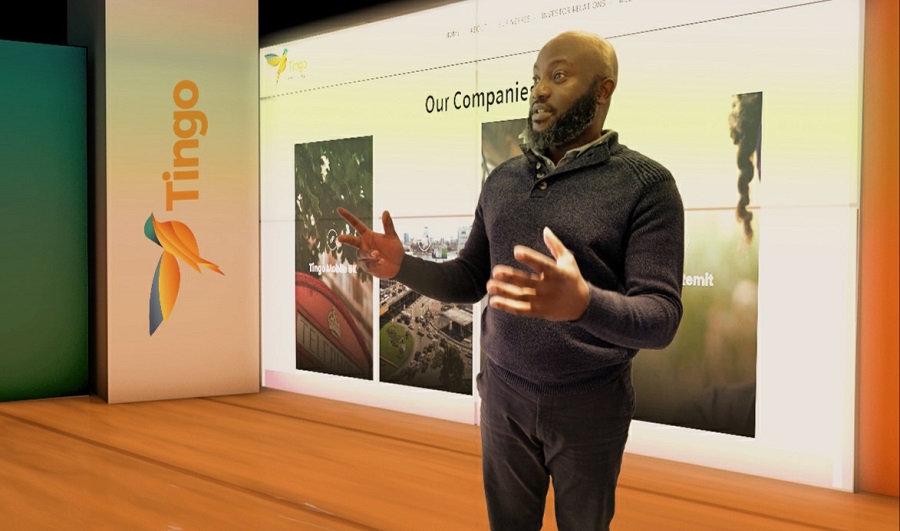Data released by the United Nations shows that about 278 million people in Africa, around one-fifth of the continent’s total population, are affected by hunger as of 2021. This figure is about 50 million higher than in 2019.
The 2022 Global Report on Food Crises showed that at least one in five Africans goes to bed hungry and an estimated 140 million people on the continent face acute food insecurity.
Amidst worsening climate change challenges that are leading to crop losses, parched land, loss of cattle, goats, and camels as well as rising prices food prices, especially grains, farmers in Africa have been confronted by challenges of funding, lack of mechanized farming, access to market, food waste and others.
These prevailing situations not only threaten mortality rate and burden an already struggling public health sector on the continent but place the achievement of The United Nations Sustainable Development Goals (SDGs) in jeopardy and making poverty reduction a tall order.
These developments mean that food insecurity remains a critical concern for Africa and may persist in the face of the continent’s rapid population expansion.
Coming at a time of a population spurt and a high rise of poverty on the continent, the growing use of technology, especially mobile technology, provides a viable option for farmers to improve their yields, protect their crops and find markets for their produce.
Technology giant, Tingo has successfully done this in Nigeria, with over 10 million farmers, many of whom are using its Nwassa platform and using mobile technology to solve the most critical challenges that these farmers are facing.
With a recent expansion into Ghana and a host of other countries expected in the coming years, Tingo has used 2022 to make a bold step towards pan-African expansion with the aim of putting farmers first and bringing forward socio-economic upliftment of populations.
In Ghana, Tingo Mobile seeks to work closely with the Ghanaian Government and its Ministry of Food and Agriculture to foster Ghana’s agriculture sector’s contribution towards Gross Domestic Product. Ghana is currently looking to grow its GDP from the agricultural sector in excess of 25 per cent by 2025.
Tingo Ghana also agreed on a landmark trade deal with the Kingdom of Ashanti, through the Ashanti Kingdom Investment Trust. The Kingdom of Ashanti presides over Ghana’s Ashanti Region, which has a population of approximately 5.4 million, and through its dominant position in Ghana and Ghana’s agricultural sector, also has significant influence over much of the country’s population of 32 million. Under the terms of the trade deal, the Ashanti Kingdom Investment Trust has committed to enroll a minimum of 2 million new members with Tingo within 120 days of signing and has agreed on a target to increase such enrollments to at least 4 million members.
















